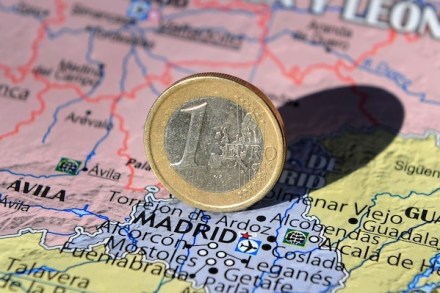Raymond Carr by María Jesús Gonzalez – review
This is an unusual book: a Spanish historian writes the life of an English historian of Spain. In doing so, as the historian in question is the extraordinary Raymond Carr, still with us at 94, María Jesús González also writes about the rural West Country of his childhood, the English class system, educational opportunities in the 1930s, social mobility, Wellington College, the Gargoyle Club, Rosa Lewis at the Cavendish, four Oxford colleges, Giraldo and his orchestra, G.D.H. Cole, John Neale, Hugh Trevor-Roper, A.J. Ayer, John Sparrow, A.L. Rowse, Oswald, Diana and Nicholas Mosley, Isaiah Berlin, Margaret Thatcher and even the Queen. In academia and society — mostly high — here



















